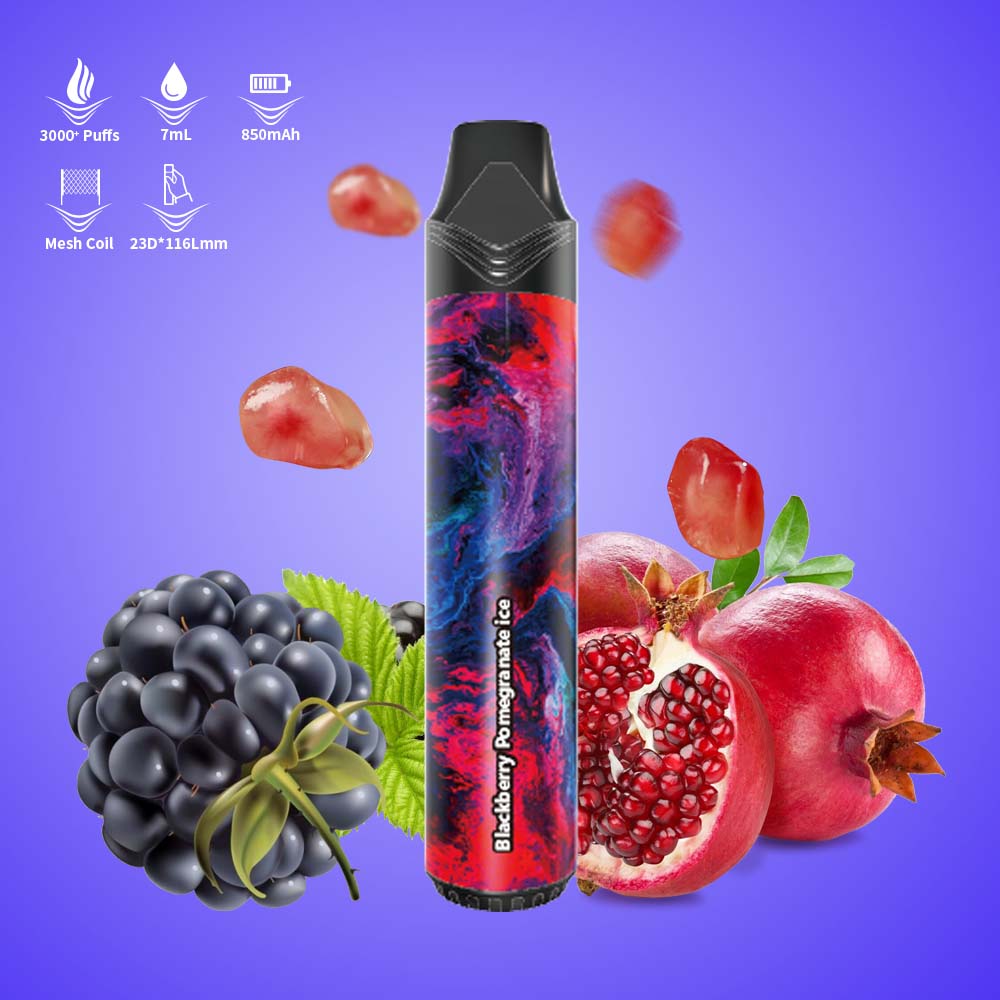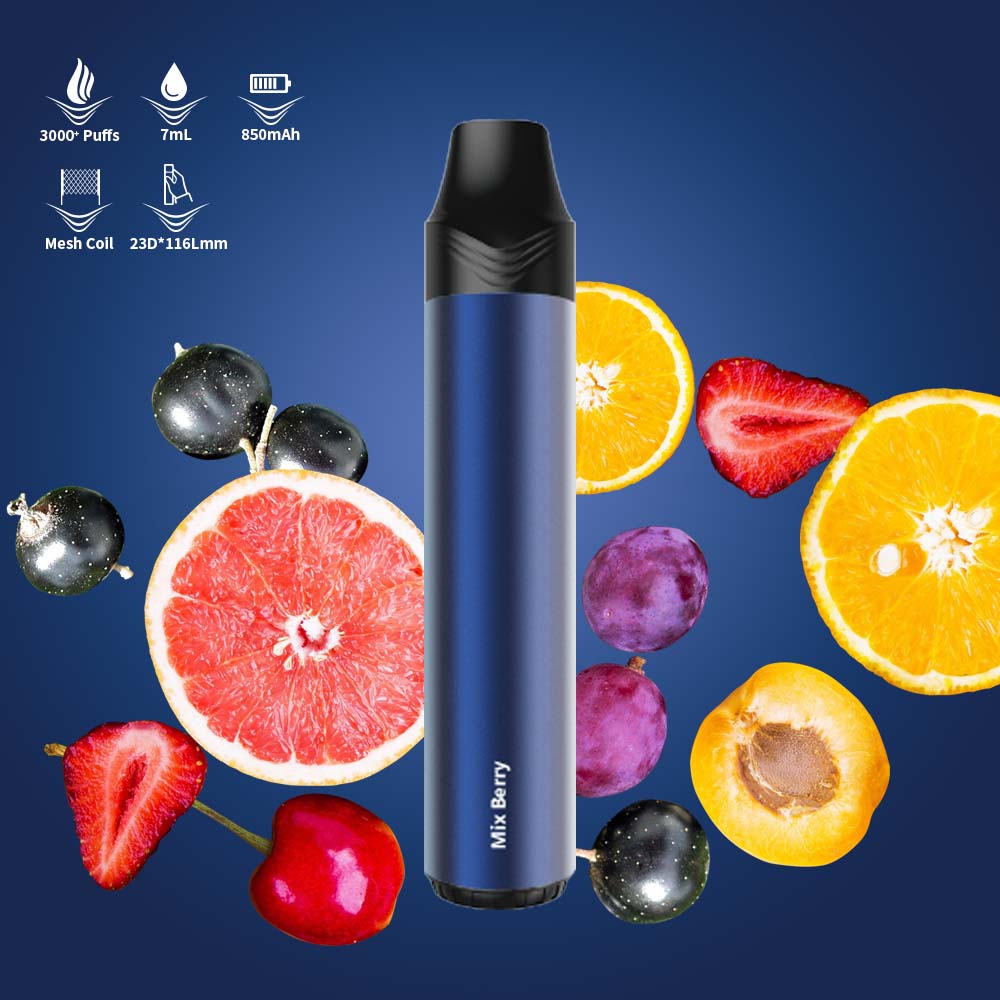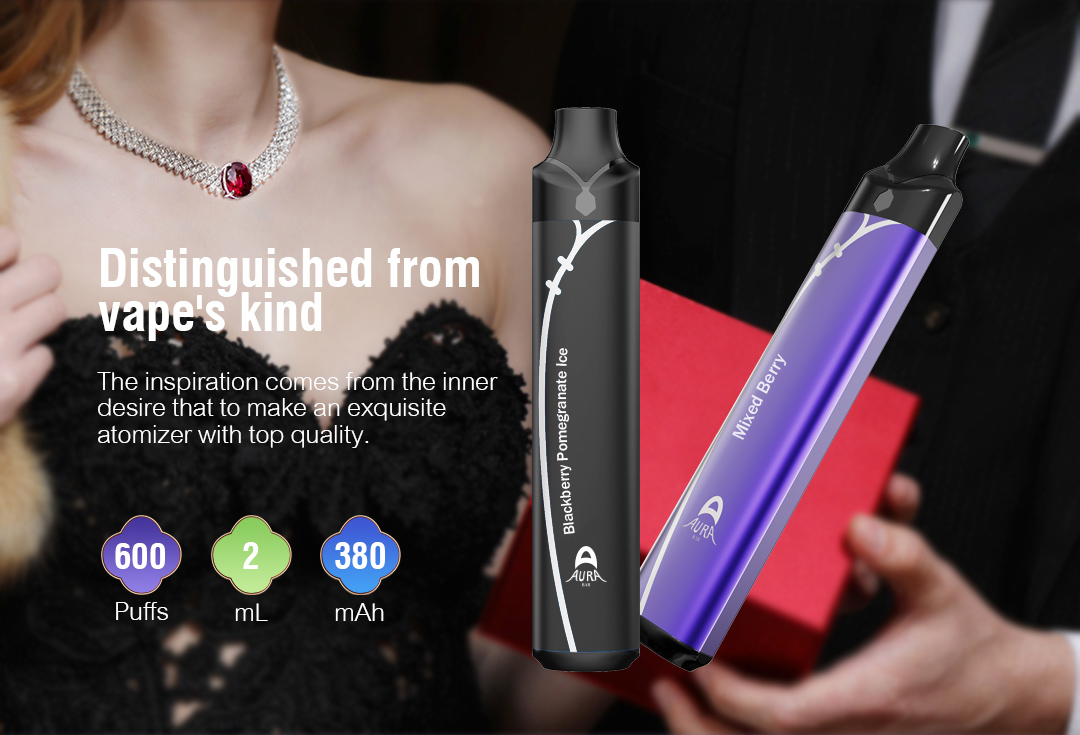The Diverse Landscape Of Vaping Policies In The United States
As vaping continues to gain popularity across the nation, individual states are grappling with the need to establish comprehensive regulations to address this burgeoning industry. In recent years, different states in the United States have been formulating specific policies aimed at monitoring, controlling, and promoting safe vaping practices. This article explores the diverse landscape of vaping regulations that exist in various states, shedding light on the differing approaches taken by different regions.
Starting with California, the state has instituted some of the most stringent vaping policies in the country. The California Tobacco Control Program, under Senate Bill No. 793, prohibits the sale of flavored tobacco products and devices, including e-cigarettes, thereby aiming to deter youth consumption. Furthermore, the state requires prominent health warnings on vaping packaging and applies a minimum legal age of 21 for purchasing vaping products. California's approach demonstrates its commitment to curbing the use of e-cigarettes and protecting public health.

Contrastingly, other states have adopted more lenient vaping policies. For instance, in Florida, while there are age restrictions for purchasing vaping products, no explicit regulations have been imposed regarding flavor bans or specific warnings on packaging. This more relaxed approach allows retailers and consumers more freedom, but it simultaneously raises concerns about safeguarding vulnerable populations, particularly teenagers, from the potential allure of flavored e-cigarettes.
Additionally, states such as Massachusetts have taken a proactive stance against vaping amidst health concerns. In 2019, a four-month statewide ban temporarily prohibited the sale of all vaping products, including flavored and non-flavored e-cigarettes. The ban was implemented in light of rising vaping-related lung disease cases and sought to curb the risks associated with vaping until comprehensive regulations were put in place. By implementing this drastic measure, Massachusetts aimed to protect public health whilst enforcing regulatory measures.

In conclusion, the United States exhibits a diverse array of vaping policies across different states, showcasing the variety of approaches undertaken to tackle this emerging industry. California's stringent regulations prioritize safeguarding public health, contrasting with more relaxed policies found in states like Florida. Likewise, Massachusetts' temporary ban highlights the proactive measures taken by some states to protect citizens amidst health concerns. As the vaping landscape continues to evolve, it remains crucial for each state to reevaluate and adapt their policies in response to emerging data and changing public health concerns.

Post time: Aug-19-2023











